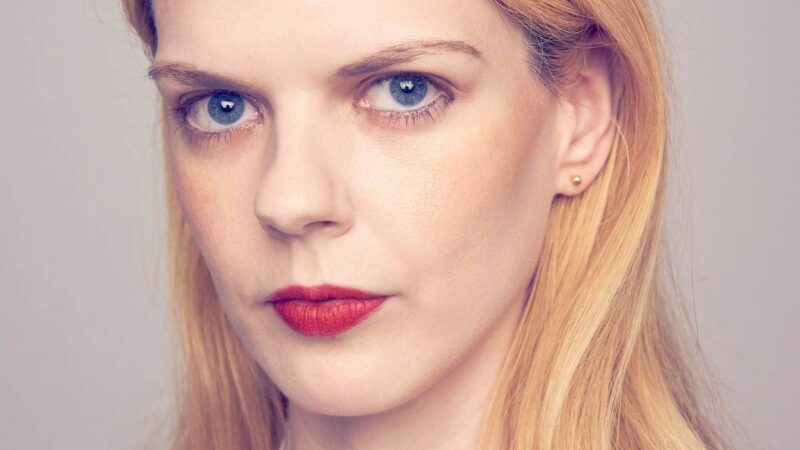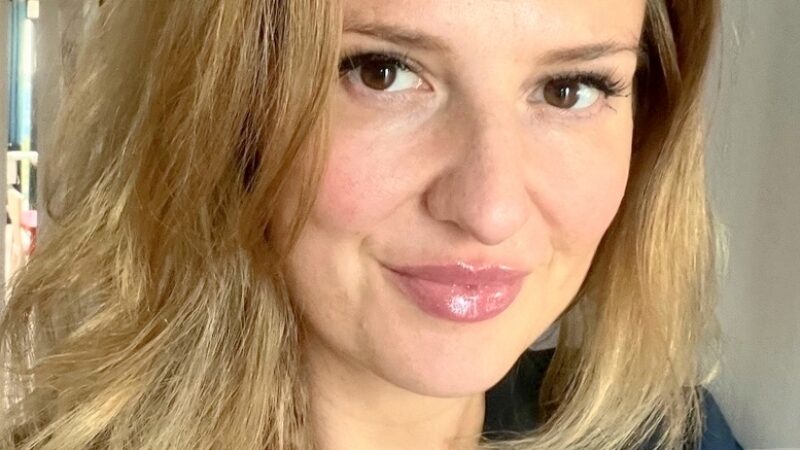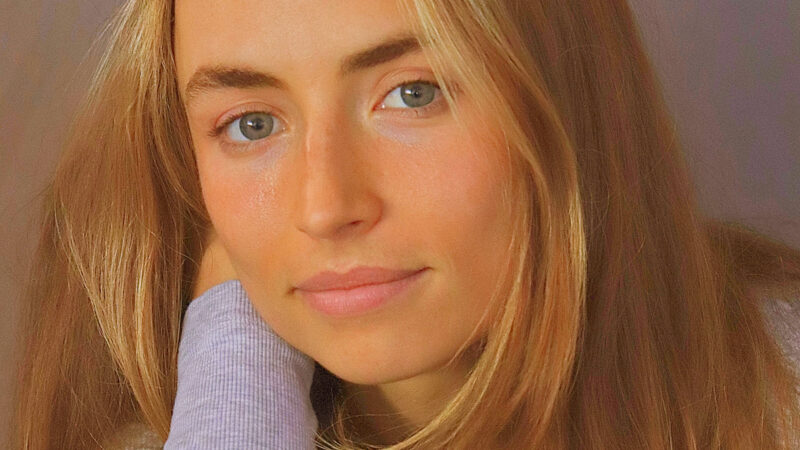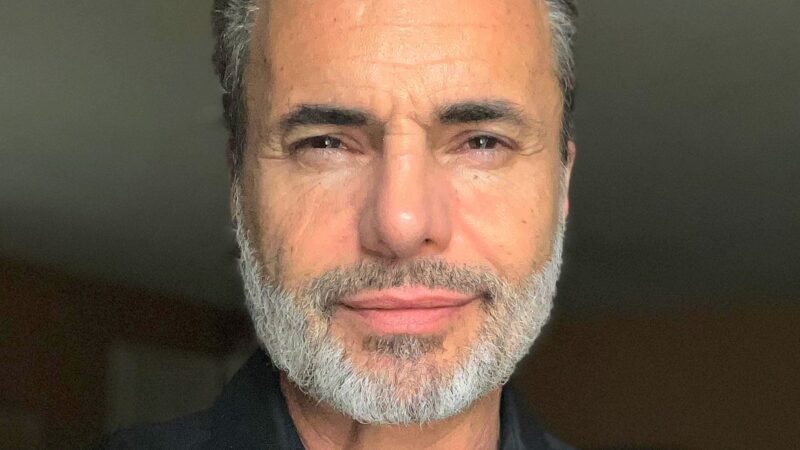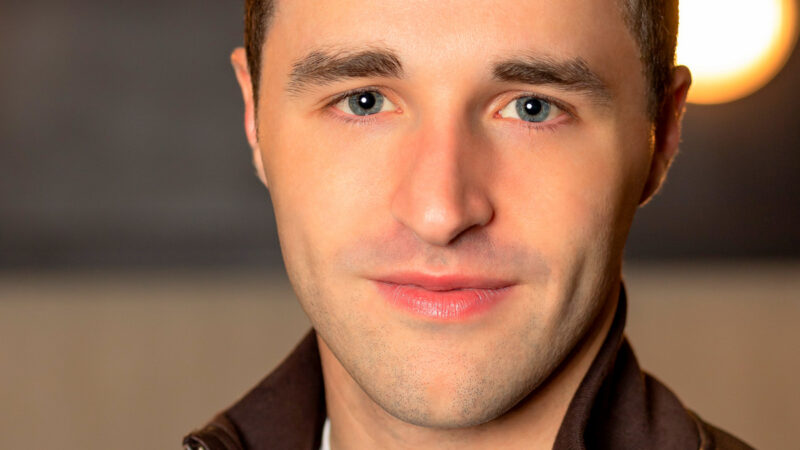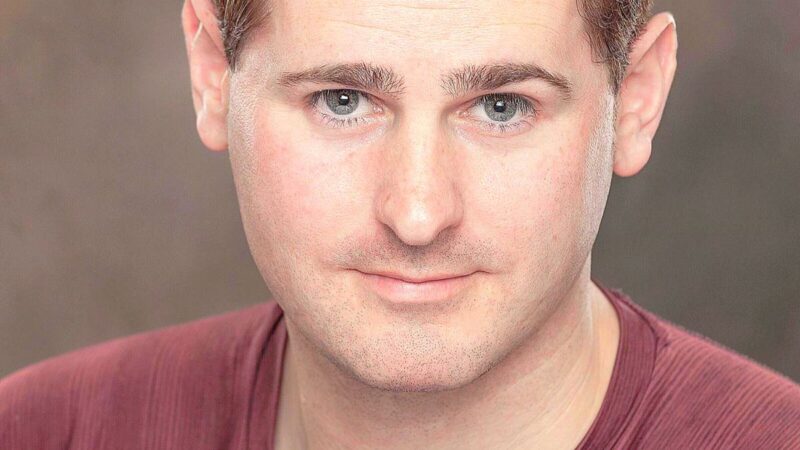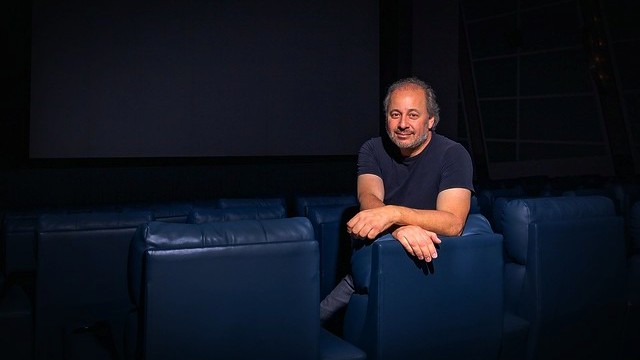
Director Dave Habeeb’s Beautiful Was the Fight was a passion project for about eight years. “I wanted to make a film focused on women musicians from the local scene with members of the LGBTQ+ communities”, says Dave. “I wanted to highlight their music, the value of live performance, the importance of community and current state of venues in the Boston area”. My goal was to make a film that shined the spotlight on the current Boston music scene. A film that celebrated the talent, success, drive, and passion in Boston. But, also addressed its many challenges head-on. Mostly, I wanted to make a film that people would feel proud to be a part of.
indieactivity: How did you get into directing? How would you describe your style?
Dave Habeeb (DH): I became interested in filmmaking when I was 12 years-old and saw the original Star Wars in the summer of 1977. My parents bought me a super-8 film camera and I began making backyard science fiction films and never looked back. In high school, I was very involved in the video and media group, taking classes at an early age to better understand filmmaking, and producing a weekly cable TV access show with my friends and classmates.
The Official Trailer for Beautiful Was The Night Directed by Dave Habeeb
From there, I went to Fitchburg State College to study film and television production and got my graduate degree Communications from Emerson College in Boston. I think my style as a documentary filmmaker is to let the process be very organic. Other than knowing where I wanted to point my camera, the Boston music scene, and having a core set of interview questions to guide me, the process of choosing the artists and what questions to ask them beyond the core set was a very organic thing.
I prefer to work that way – having a loose idea up front of what I am trying to produce, but letting it change and grow as it needs to naturally along the way.
Who is “Beautiful Was The Fight” for? Who do you think would enjoy it the most?
Dave Habeeb (DH): The film focuses almost entirely on women in the Boston music scene. I hope it is something other women and young girls will find interesting and more importantly, inspirational. So, I hope that the comments and stories that the women featured in the film share will help others feel empowered, supported, and inspired. I am pleased to say that there have been just as many men in the audience at the various screenings of the film over the past year or so, and that is really encouraging. Not only has there been a very positive reaction to the film by men, but the film really is also intended for everyone. If anything, the film is meant to bring all genders closer together through mutual understanding and respect.
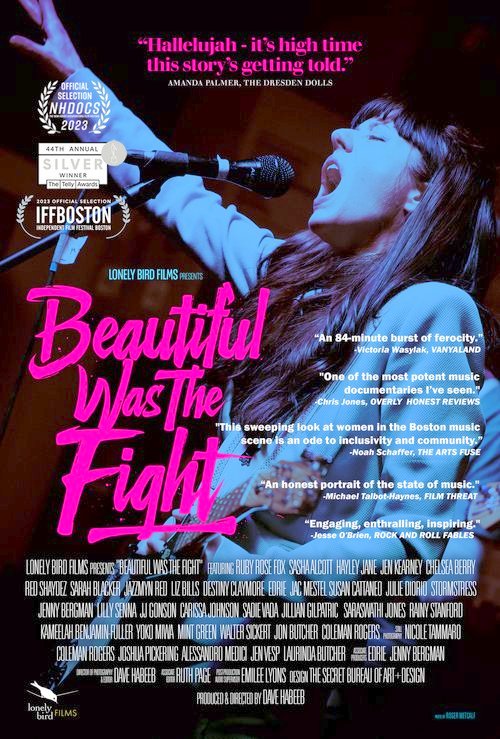
How long did it take to shoot the entire film?
Dave Habeeb (DH): Filming took about 5 years.
How long was the post-production process?
Dave Habeeb (DH): The post-production process was about 2 years.
The film had a lot of talent working behind the scenes as DPs, sound designers, composers, etc. Why is diversity important both in front of and behind the camera?
Dave Habeeb (DH): I did have a lot of help from many other talented people and I’m really grateful for their willingness to work with me and give so much of their energy and time. I believe diversity, in general, is really important. I wouldn’t say that I think about it too much, meaning that I’m keeping a running count of who or what type of person is working with me, it really is a very natural process for me of connecting with people, despite the gender, and looking for talent but also a natural sense of who might be good to work with.
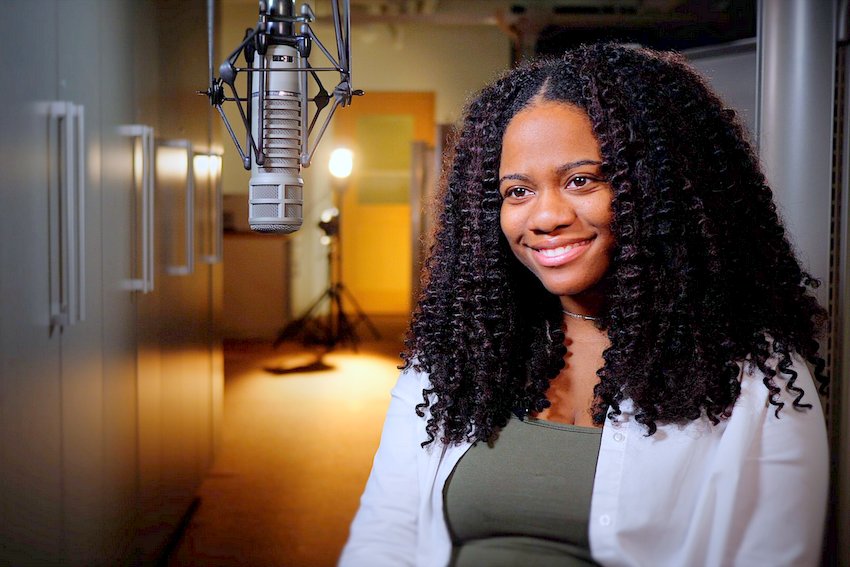
I have many friends that are male and female and, honestly, I don’t make much of a differentiation. And, I suppose, subconsciously, that I somehow also thought that the film needs to be a living example of some of the themes explored in the film. I do think it is important for all of us to do what we can to create opportunity for others, and opportunity leads to examples where others can see someone like themselves in a role they previously might not have thought was an option for them. I feel this is an un-written rule or obligation we have to one another, especially as creative people in film or music.
What are your goals with “Beautiful Was The Fight”?
Dave Habeeb (DH): Simply making the film, which was a giant effort, was goal number one. I like to see things through, so I was mainly determined to get to the finish line. I love cinema, and especially cinemas and screenings, so being able to share the film with as many people as possible, together in a darkened theater, means a lot to me. I’m happy to say that between several screenings, a few that SOLD OUT, and festival showings, I was able to achieve that, and it is the best feeling. I am working next, after a few more festival entries over the next 6 months, to get the film onto some of the streaming networks such as Netflix, Amazon Prime, Hulu, Tubi, etc. Once that happens, I feel like the journey on this project will be done.
What’s next for you? What are you working on right now?
Dave Habeeb (DH): I plan on taking a bit of a break for now. I have hours and hours and hours of home video footage and thousands of photos of my kids, they are older now, that I would like to organize and archive for them. That’s my next project really. Beyond that, I would like to work on a short film, but a narrative next time instead of a documentary. I don’t have a specific idea or script yet, but I would like to spend more time working with actors and creating something completely fictional.
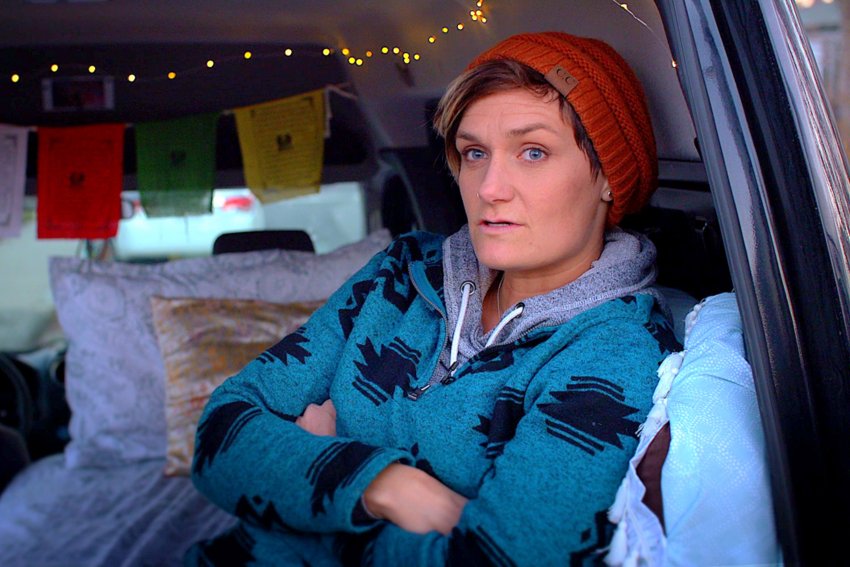
What would you recommend to a new director? Any special courses, workshops, helpful books they can read?
Dave Habeeb (DH): I am a big believer is simply getting an idea together. That is getting a camera some actors or subjects and start filming and editing. You can learn so much simply by doing and there is an abundance of helpful how to videos on-line. Something we didn’t have when I first started. I have attended the Maine Media Workshop twice now. Once for a week-long class in Advanced Film Editing and another in Documentary Narratives. Not only did I learn a lot by taking those courses, it provided me with an important element I really believe in. That is being around other people who also want to make films.
Who is your favorite director? Why?
Dave Habeeb (DH): I have so many favorite directors it is hard to pick just one. I’m going to say George Lucas…but not because I think he’s the best director. (Sorry, George.) I would say George, because he created the film that got me interested in filmmaking in the first place Star Wars. I do think he did an excellent job directing it. But, it’s really because I may never have become a filmmaker without seeing that film at the age of 12 in 1977.
What advice would you give directors around the world?
Dave Habeeb (DH): Do whatever it takes to make your film, but don’t wait for everything to be “perfect.” A good script is a good script, but you can’t wait for that. Work with whatever you have, but just make films. Each one is a learning experience. As much as you try to control everything, you can’t. Sometimes you’ll be surprised what you capture on film by just doing it.
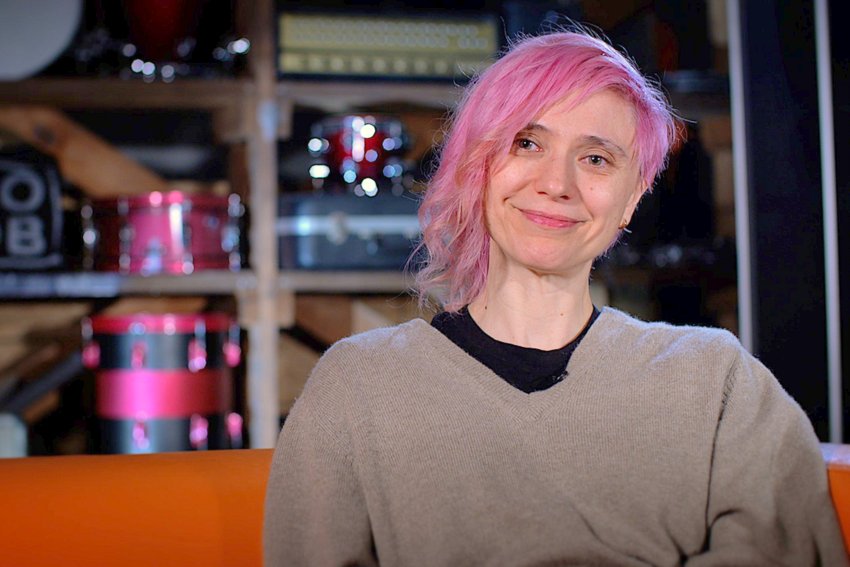
Tell us what you think of the interview with Dave Habeeb. What do you think of it? What ideas did you get? Do you have any suggestions? Or did it help you? Let’s have your comments below and/or on Facebook, Instagram, or Twitter.
Socials
Website
IMDb
Facebook
Instagram
Vimeo
FILMMAKER INTERVIEWS

